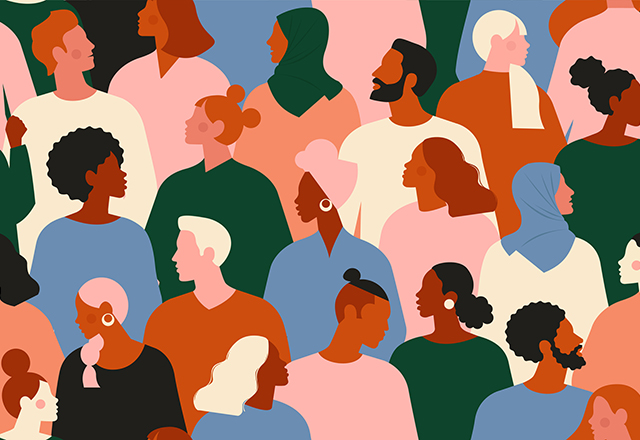In June, guest writer Michael Hopkins wrote an inspiring piece on what academia can do to fight racism. After the death of George Floyd, Americans had a moment of reflection on the systemic racial injustice in our country. Academia needs more than just a moment. We need a continued movement to reform programs at Hopkins to make it a more equitable and inclusive environment for our underrepresented minority trainees.
Several students and trainees have taken up the mantle to create programs and put pressure on Johns Hopkins to do better for its trainees and its community.
The Johns Hopkins University Biomedical Engineering Equity, Diversity, and Inclusion Committee (JHU BME EDI) is a new group that formed in response to this summer’s reflection. BME EDI Co-Chair Andrianna Ayiotis explains that BME EDI spun out of the existing BME Ph.D. Council, a group that builds community in the BME department. The BME Ph.D. Council has acted as a “bridge between students and faculty,” and the formation of BME EDI specifically looks to “work with the faculty directly” on issues related to equity, diversity and inclusion in the department. BME EDI’s scope spans many initiatives, from creating a peer mentorship program to advocating for policy changes in how prospective students are evaluated. Currently, their priority is the new matriculating class of Ph.D. students. Specifically, BME EDI is working to provide the new students with “information that will help them on their journey,” especially related to mental health and bystander training.
While BME EDI is a new student organization formed in response to this summer’s call for action, it’s important to acknowledge that student organizations like the Biomedical Scholars Association (BSA) have been doing this work for years. BSA aims to create a support system for minority trainees and faculty and “enhance minority scholar recruitment to and retention within the Hopkins community.” When I asked BSA Treasurer Thomas Burnett if the goals of BSA have shifted in the past few months, he responded: “The goals of BSA haven’t shifted … but more so the scope of the organization has changed … due to the pandemic.” As events go virtual, the BSA has had to be more inventive in how they create a supportive community, but fortunately, they feel they have been able to reach more students.
Trainees and students have taken on a huge amount of work to better the Hopkins community through creating resources, support systems, avenues for advocacy and pressure to change policy. However, when I asked what the biggest obstacle is to achieving their goals, both student leaders expressed that even as leaders of student groups, their power and scope are limited.
“The biggest obstacle is that we’re students,” says Andrianna. “We’re not full-time staff members. We don’t have unlimited energy; we don’t necessarily have the training or the resources to come up with long-standing solutions. We’re just people thinking about our experiences and what can possibly be done better. … And whether stuff gets passed depends on luck, skill, perseverance and whether a few key people stay on and keep fighting the good fight.”
Continuing to create change and foster a supportive community across the Hopkins schools will take perseverance and time. But change is coming. When I asked both student leaders how student participation has changed in light of recent events, both responded that students are resilient in their support for reforms.
“People will take a couple weeks off, but come back to it,” says Andrianna.
For the BSA, the events of this summer have only “redoubled our commitment. Because we’ve always been here; we’ve always been dedicated to supporting our community.”
As this summer comes to a close, Hopkins and its trainees will continue to work on issues surrounding inequity and injustice. This is necessary if we want to see meaningful and lasting change in our institution.
Related content
- What Can Academia Do to Fight Racism?
- Underrepresented minority biomedical researchers: numbers, challenges and initiatives for change
- Representing Diversity on Portrait Walls Around Johns Hopkins: One Stride Taken, Many to Go
Want to read more from the Johns Hopkins School of Medicine? Subscribe to the Biomedical Odyssey blog and receive new posts directly in your inbox.
